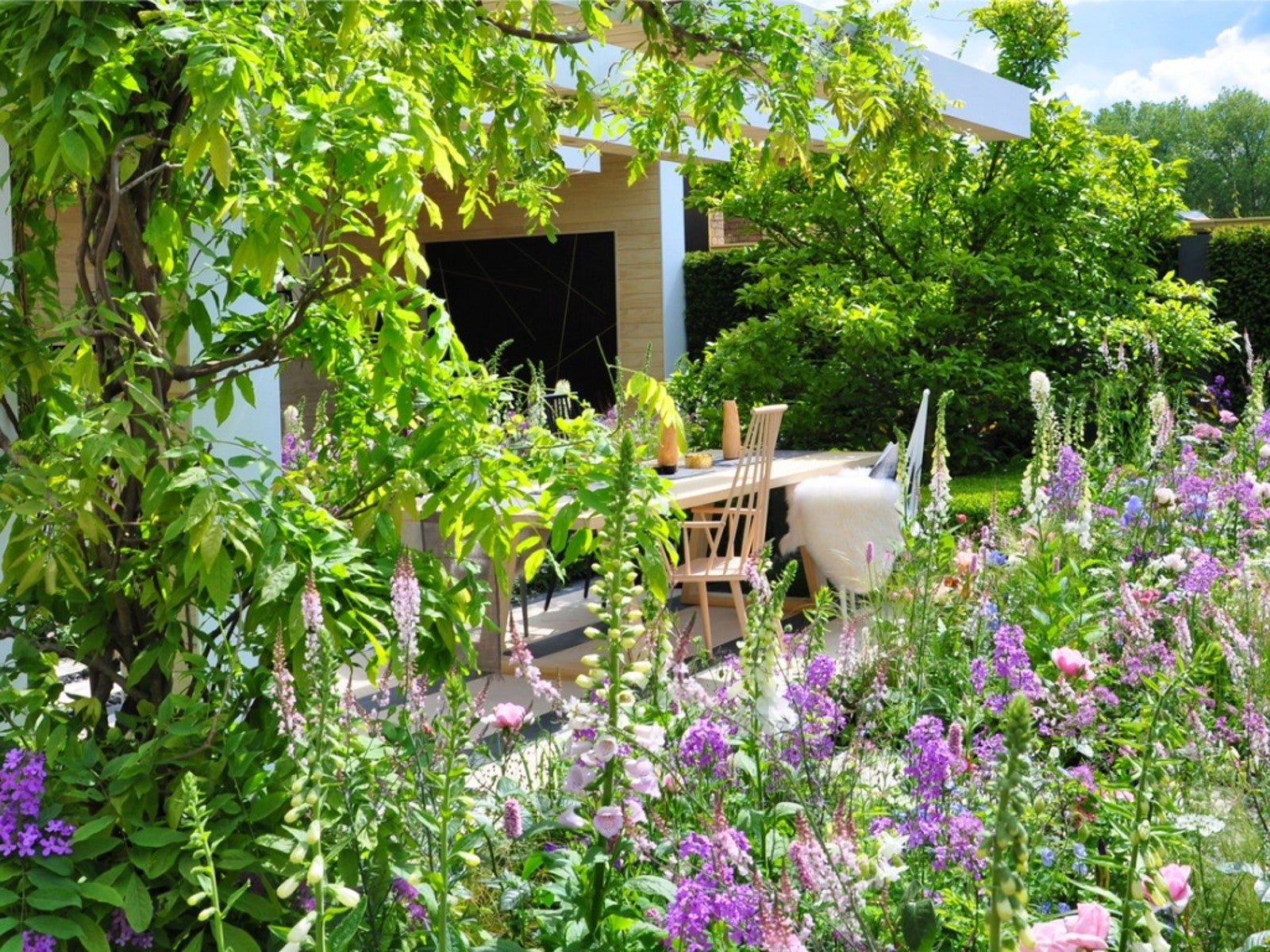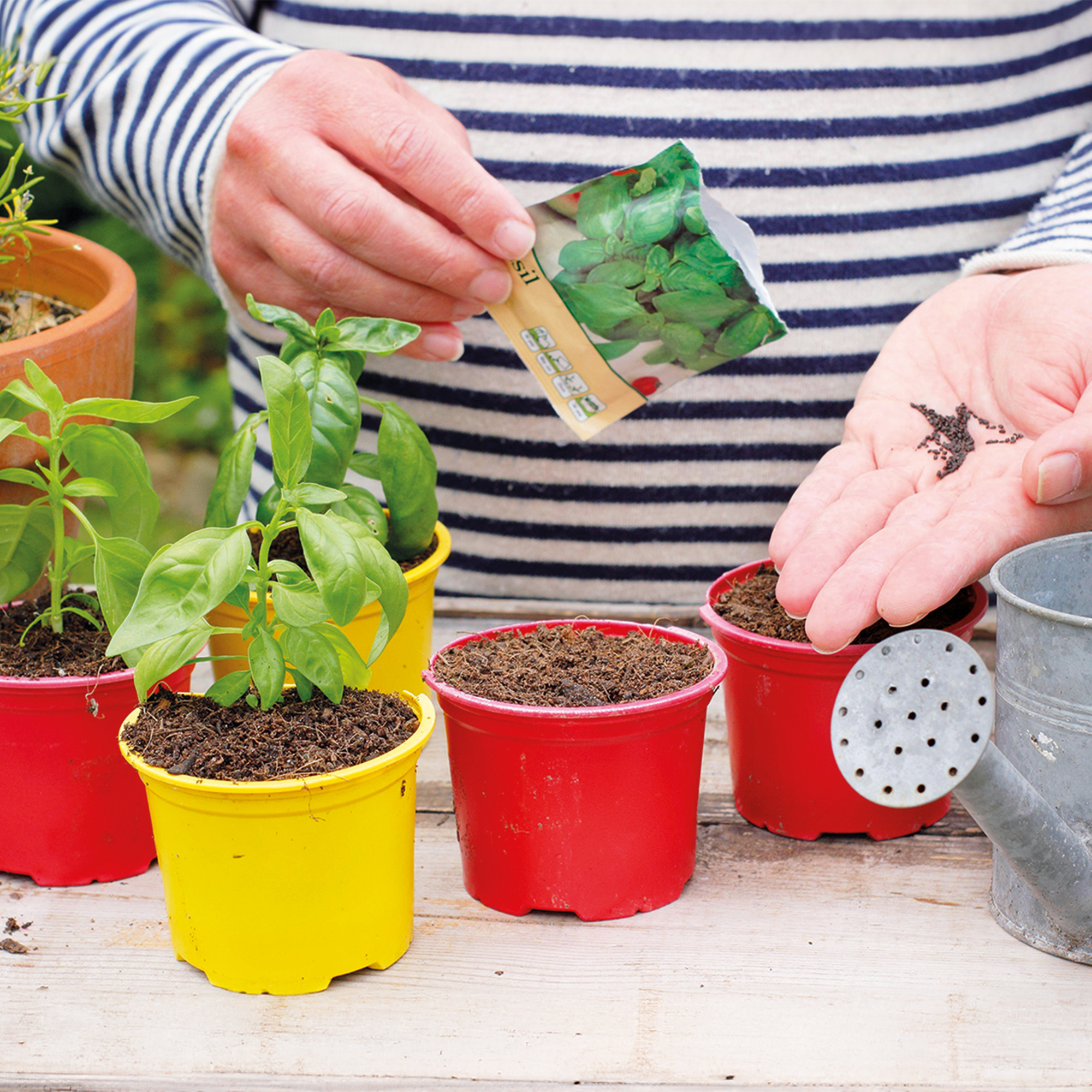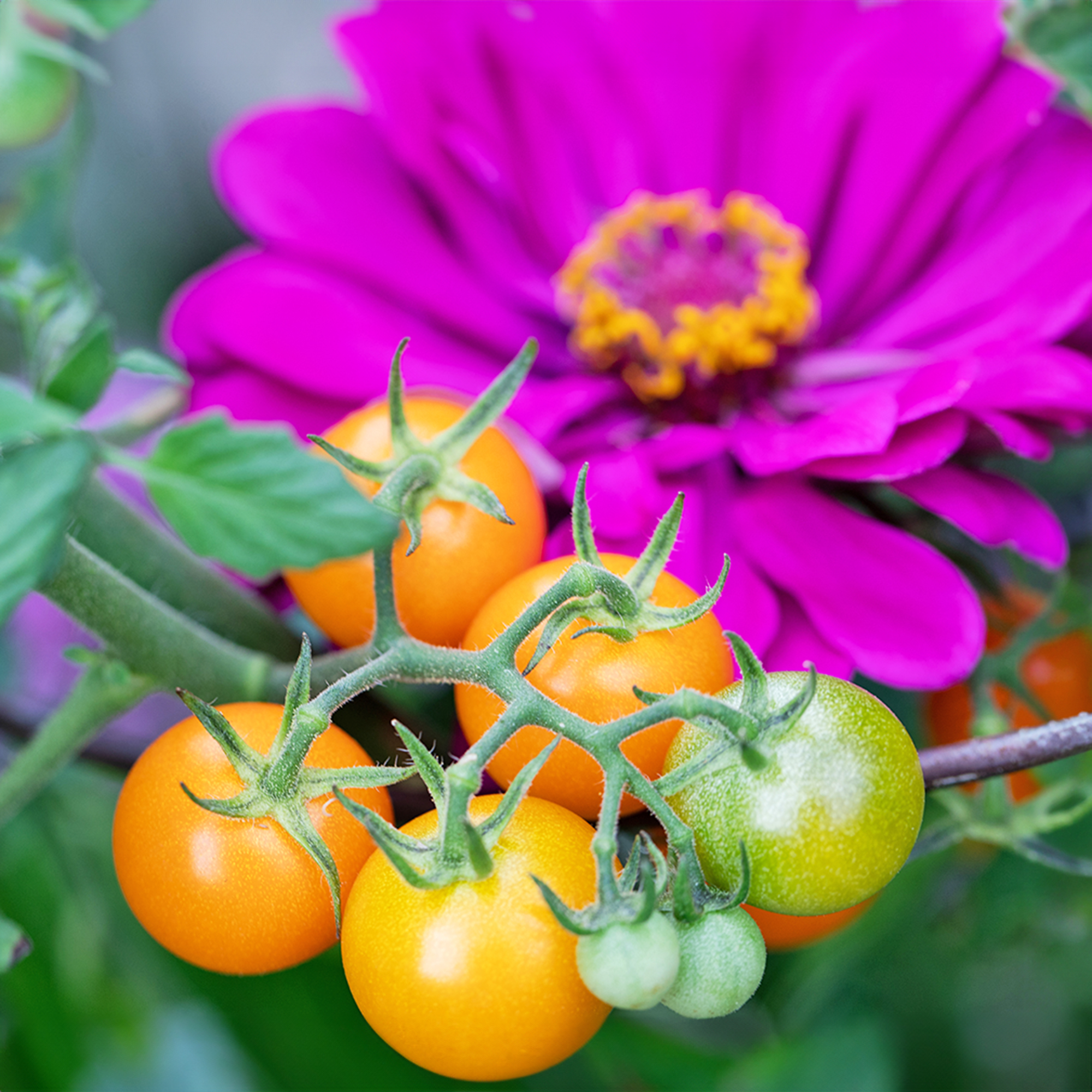Maximalist Garden Ideas That Make A Huge Impact


Maximalism is experiencing a big comeback in interior design. Once thought to be old fashioned or cluttered, younger generations are embracing the look and making it shine. If the trend appeals to you, consider designing a maximalist garden to show off all your favorite plants, garden art, patio furniture, and more.
What Is Maximalism?
Maximalism is a design style and trend more often associated with interior design than landscape design. It’s not a new style, but it has experienced a resurgence in recent years.
Although it sometimes gets a bad rap, maximalism isn’t about clutter and having more stuff just for the sake of it. It’s really about displaying items that matter to you, that have meaning or that you find beautiful, or both.
Maximalist is big and bold. It embraces color and multiple textures and patterns, including things that bring you joy. A garden should be an extension of your home, so if you love the look, try creating a maximalist patio, yard, or other outdoor space.
Maximalist Garden Design Ideas
A maximalist backyard, like an interior space, is all about layering color and texture, being bold, and showcasing what you find attractive and what brings you joy.
Create Layers
The maximalist style isn’t just throwing a bunch of different things together. It’s about thoughtfully creating layers in a space. Layer patterns, textures, and colors to get the right look.
In the garden, the easiest way to create layers is to use plants of different heights. Place tall plants toward the back. Plant medium-height plants in front of them and low or groundcover plants in front of those. You can also use raised beds, planters of varying heights, and other vertical spaces to create more layering.
Gardening tips, videos, info and more delivered right to your inbox!
Sign up for the Gardening Know How newsletter today and receive a free copy of our e-book "How to Grow Delicious Tomatoes".
Use Texture
Texture is important in maximalist interior design, and you can utilize it in a garden as well. Choose plants with different types of foliage to layer textures. For example, a feathery fern in front of a large, smooth-leaved hosta gives an interesting look.
Layering plants by height will also add texture variation. Walkways and other features can bring texture into the mix: gravel paths, stone walls, a slate patio.
Choose Big, Bold Plants
Maximalism isn’t subtle. Choose plants that are large, brightly colored, and showy. Some examples of plants perfect for this kind of garden include:
- Sunflowers
- Hollyhock
- Large ornamental grasses
- Yucca
- Japanese aralia
- Smokebush
- Canna
- Ostrich fern
- Bougainvillea
- Dahlias
- Flowering vines, like honeysuckle or wisteria
Think About Scale
To keep your garden manageable and to prevent it looking like a mess, keep scale in mind. Big, bold plants like giant sunflowers or the biggest variety of yucca might be appealing, but they might not fit in your space. Choose plant types and the number of things you put in your garden based on how much space you actually have.
Let Plants Grow Wild
An overly-manicured garden is not going to give you the maximalist look. Let your beds go wild, to an extent. You don’t have to let weeds take over or allow a dominant plant to cover all the others, but it should look more natural than carefully pruned.
Add Maximalist Outdoor Furniture
Complete your maximalist outdoor space with a living area. You want to be able to sit outside to enjoy it. Use an eye for maximalist interior design to create a garden sitting and entertaining space. Choose bold colors, fabrics in different patterns, and lots of cushions and cozy blankets. Don’t be afraid to add sculptures and other types of garden art to the space. If it speaks to you, add it.
Regardless of how much space you have to work with, it’s possible to create a maximalist outdoor area you’ll love to spend time in. To keep it from becoming a mess, plan first. Choose a color family for outdoor furniture, select plants that scale to your space, and only use items you truly enjoy.

Mary Ellen Ellis has been gardening for over 20 years. With degrees in Chemistry and Biology, Mary Ellen's specialties are flowers, native plants, and herbs.
-
 How To Grow Seeds Quickly: 8 Expert Tricks For Fast Flowers & Crops
How To Grow Seeds Quickly: 8 Expert Tricks For Fast Flowers & CropsIt's never too late to start growing! Jump-start your flower or vegetable garden with these pro tips and tricks for germinating seeds in record time.
By Amy Grant
-
 8 Perfect Flowers To Plant With Tomatoes To Boost Yields & Banish Pests
8 Perfect Flowers To Plant With Tomatoes To Boost Yields & Banish PestsDon’t forget flowers when choosing companion plants for your tomato beds or pots. These pretty, fragrant blooms add beauty but are also highly beneficial.
By Mary Ellen Ellis